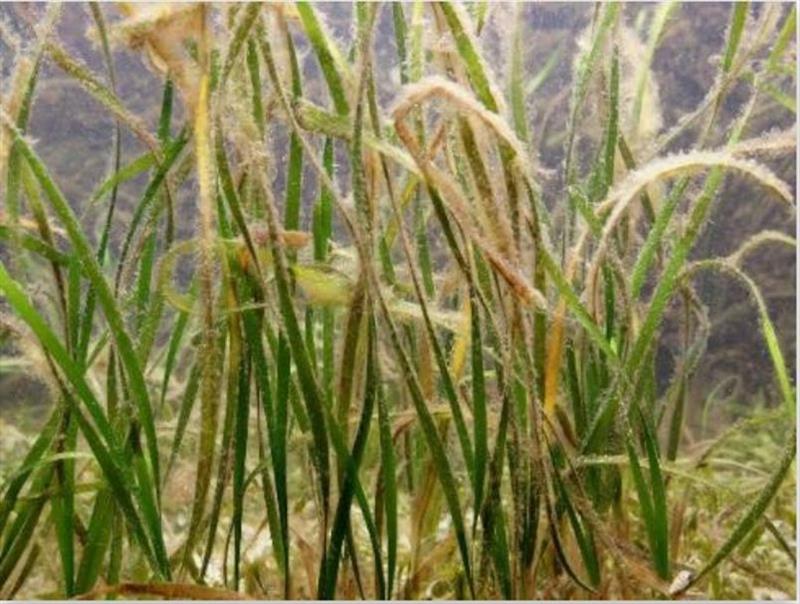
Anchoring in ecologically sensitive areas
by Alex Blackwell 30 Sep 2021 13:22 UTC

Anchoring in ecologically sensitive areas © Hans Hillewaert
Some ways we can help preserve pristine and biodiverse but vulnerable seabeds when anchoring our vessels.
There is nothing we enjoy more than swinging peacefully at anchor. This is particularly true after a long passage. I am sure we share this passion with most in the OCC. However, we do always check the chart for local restrictions and obstructions, and whenever possible look over the side to see what is actually 'down there'.
There have been times when the bottom turned out to be shingle or shale where no anchor would hold. At other times, we spotted coral heads or seagrass beds, neither of which we would ever wish to disturb.
The latter fall into the category of ecologically sensitive areas -- places where anchoring would cause damage to the ecosystem. In fact, anchoring in coral, seagrass (eelgrass, Zostera, etc.), Mearl (Corallina), and other sensitive areas is illegal in many jurisdictions. Coral is a living creature and seagrass is vital to the survival of many precious aquatic inhabitants. Our goal, as responsible cruisers, is to help preserve and protect such important resources for their continuity, biodiversity and the enjoyment of those to follow.
Anchoring in proximity to such areas is, of course, permissible. However, this only applies when using a modern anchor which will not drag. If your anchor has ever dragged, and that has happened to most of us, then the options are to get a better anchor or to anchor far away from a sensitive area. Of course, a third option is to pick up a mooring or go into a marina.
Now, as I said, we love swinging at anchor. We have a large, modern scoop-type anchor as our bower. It does not drag in sand, mud, or any combination thereof. If the wind blows up, it just digs deeper. We sleep soundly and safely and avoid unnecessary harm to the environment.